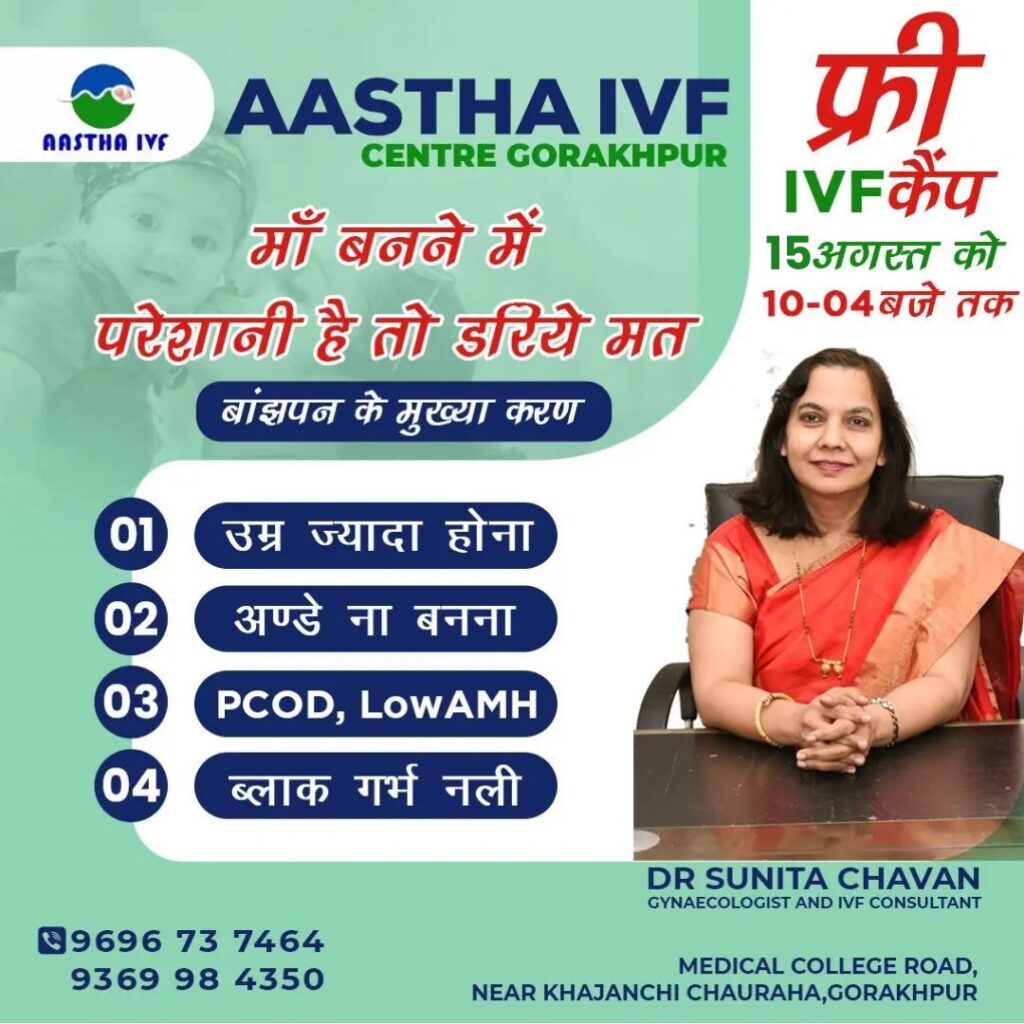Eligibility Criteria to Conceive Naturally
Understanding the Path to Parenthood.
Bringing a new life into the world is one of the most profound and joyous experiences for many individuals and couples. The ability to conceive naturally, without medical intervention, is a beautiful and miraculous process. However, conception is not always guaranteed, and there are certain eligibility criteria that play a vital role in determining a couple’s chances of conceiving naturally. In this blog post, we will explore the essential factors that influence natural conception and the eligibility criteria that prospective parents should consider.
Understanding Natural Conception

Natural conception occurs when a sperm fertilizes a woman’s egg within her reproductive system. This process relies on various intricate biological and physiological factors coming together harmoniously. While it may seem straightforward, conception is a delicate dance of timing, fertility, and overall health.
The Key Eligibility Criteria for Natural Conception
1: AGE
Age is a crucial factor in determining a woman’s fertility. Women are most fertile in their 20s and early 30s, and fertility gradually declines as they approach their mid-to-late 30s and 40s. While it is still possible to conceive naturally in later years, the chances decrease significantly.
2. Menstrual Cycle Regularity
For natural conception to occur, a woman’s menstrual cycle should be regular and predictable. Irregular cycles may indicate underlying hormonal imbalances or conditions that could affect fertility.
3. Reproductive Health
Both partners should have good reproductive health. In women, this includes having healthy and functioning ovaries, fallopian tubes, and a uterus. For men, it involves having an adequate sperm count, motility, and morphology.
4. Timing and Ovulation
Timing is everything when it comes to natural conception. Successful conception is most likely to happen during a woman’s fertile window, which is the few days leading up to and including ovulation. Couples should track the woman’s menstrual cycle to identify the most fertile days accurately.
5. Sexual Health and Intimacy
Sexual health and intimacy play a crucial role in natural conception. Both partners should feel emotionally connected and comfortable with each other. Any underlying sexual health issues should be addressed, and the couple should maintain a healthy and active sex life.
6. Lifestyle Factors
Certain lifestyle factors can influence natural conception. Avoiding smoking, excessive alcohol consumption, and recreational drugs can positively impact fertility. Maintaining a healthy diet and weight, as well as managing stress levels, are also essential.
7. Patience and Persistence
Conceiving naturally may not happen immediately, and patience is key. It is normal for healthy couples to take several months or more to achieve pregnancy. Maintaining a positive attitude and being persistent in tracking ovulation and timing intercourse are essential.
When to Seek Medical Assistance
While many couples will conceive naturally by following the above eligibility criteria, some may face challenges in conceiving. It is essential to remember that infertility is a common issue and seeking medical assistance is not a sign of failure.
Couples should consider consulting a fertility specialist if:
The woman is under 35 and has been trying to conceive for one year without success.
The woman is over 35 and has been trying to conceive for six months without success.
There are known fertility issues or medical conditions that could impact conception.
